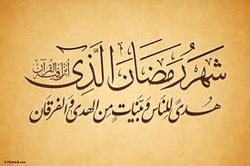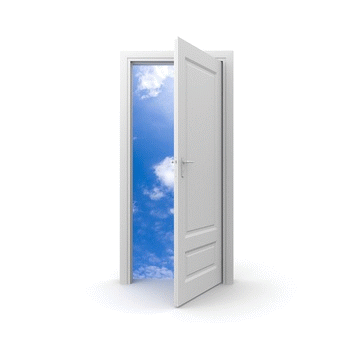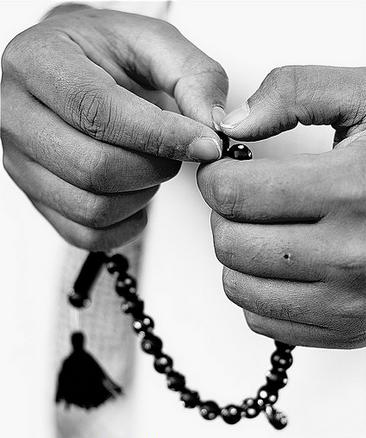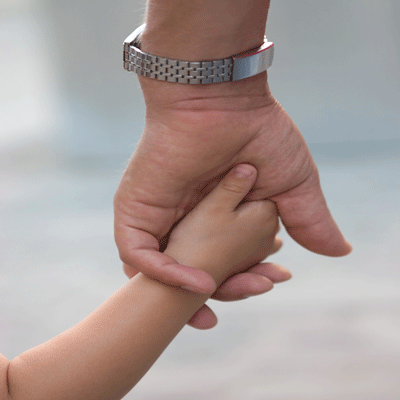We observe Ramadan every year. Do we also listen to it?
Ramadan is the most important month of our calendar. It is a tremendous gift from Allah in so many ways. In our current state of being down and out, it can uplift us, empower us, and turn around our situation individually and collectively. It is the spring season for the garden of Islam when dry grass can come back to life and flowers bloom. But these benefits are not promised for lifeless and thoughtless rituals alone. They will be ours if our actions are informed by the message of Ramadan.
Today the message of Ramadan tends to get drowned out by much louder voices of the pop culture that have an opposite message. We have become so accustomed to them that many of us remain enslaved to them even during Ramadan.
The most important message of Ramadan is that we are not just body. We are body and soul. And that what makes us human beings and that determines our value as human beings is the soul and not the body. During Ramadan we deprive the body to uplift the soul. This is all simple and familiar. But we can understand its significance if we remember that the message of the materialistic hedonistic global pop culture that has engulfed every Muslim land today — just like the rest of the world— is exactly the opposite. It says that body is everything. That the materialistic world is all that counts. That the greatest happiness — if not virtue– is in filling the appetites of the body. This message produces endless appetites and consequently endless wars to fill those endless appetites through endless exploitation. It produces endless frustrations since the gap between desires and achievements can never be filled. It produces endless chaos and endless oppression. Yet this trash comes in such beautiful and enticing packages that we can hardly resist it. We equate this slavery with freedom. We consider this march to disaster as progress. And with every movement, we get further and deeper into the mire.
Ramadan is here to liberate us from all this. Here is a powerful message that it is soul over body. Take a break from the pop culture. Turn off the music and TV. Say goodbye to the endless and futile pursuit of happiness in sensory pleasures. Rediscover your inner self that has been buried deep under it. Reorient yourself. Devote your time to the reading of the Qur’an, to voluntary worship, to prayers and conversations with Allah. Reflect on the direction of your life and your priorities. Reflect on and strengthen your relationship with your Creator.
On the last day of one Sha’ban, Prophet Muhammad, gave a Khutbah about the upcoming month of Ramadan. It is a very important Khutbah that we should carefully read before every Ramadan to prepare ourselves mentally for the sacred month. It begins: “Oh people! A great month is coming to you. A blessed month. A month in which there is one night that is better than a thousand months. A month in which Allah has made it compulsory upon you to fast by day, and voluntary to pray by night. Whoever draws nearer to Allah by performing any of the voluntary good deeds in this month shall receive the same reward as is there for performing an obligatory deed at any other time. And whoever discharges an obligatory deed in this month shall receive the reward of performing seventy obligations at any other time. It is the month of Sabr (patience), and the reward for sabr is Heaven. It is the month of kindness and charity. It is a month in which a believer’s sustenance is increased. Whoever gives food to a fasting person to break his fast, shall have his sins forgiven, and he will be saved from the Fire of Hell, and he shall have the same reward as the fasting person, without the latter’s reward being diminished at all.”
The hadith continues and contains many other very important messages. However let us take the time to highlight two of the statements contained above. First, that Ramadan is the month of sabr. The English translation is patience but that word has a very narrow meaning compared to sabr. Sabr means not only patience and perseverance in the face of difficulties, it also means being steadfast in avoiding sin in the face of temptations and being persistent in performing virtues when that is not easy. Overcoming hunger and thirst during fasting is part of it. But protecting our eyes, ears, minds, tongues, and hands, etc. from all sins is also part of it. So is being persistent in doing good deeds as much as possible despite external or internal obstacles. Ramadan requires sabr in its fullest sense and provides a training ground for that very important quality to be developed and nurtured. Here is a recipe for the complete overhaul of our life, not just a small adjustment in meal times.
The highest point of Ramadan is itikaf, an act of worship in which a person secludes himself in a masjid to devote his time entirely to worshipping and remembering Allah. Some in every Muslim community must take a break and go to the masjid for the entire last ten days of Ramadan. Others should imbibe the spirit and do whatever they can.
But we must differentiate between worldly pleasures and worldly responsibilities. We take a break from the former and not the latter. Syedna Abdullah ibn Abbas, Radi-Allahu unhu, was performing itikaf, when a person came and sat down silently. Sensing his distressed condition Ibn Abbas enquired about his situation, learnt that he needed help, and proceeded to leave the masjid to go out and help him. Now this action does nullify the itikaf, making a makeup obligatory. So the person, though grateful, was curious. Explaining his action, Ibn Abbas related a hadith that when a person makes efforts to help his brother, he earns the reward for performing itikaf for ten years.
This brings us to the second statement to consider: that Ramadan is the month of kindness and charity. With those in distress in the millions in the world today, the need for remembering this message of Ramadan cannot be overstated.
Unfortunately, today another scene seems to be dominant in some parts of the Muslim world. Here Ramadan is the month of celebrations, shopping, fancy iftars at posh restaurants, entertainment and gossip. People stay up at night but not for worship; they while away that time watching TV or wandering in the bazaar. Ramadan here is more a month of feasting than fasting.
No one can take away our Ramadan from us; we just give it away ourselves. And if we realize the utter blunder we have made, we can take it back.
Courtesy: albalagh.net




